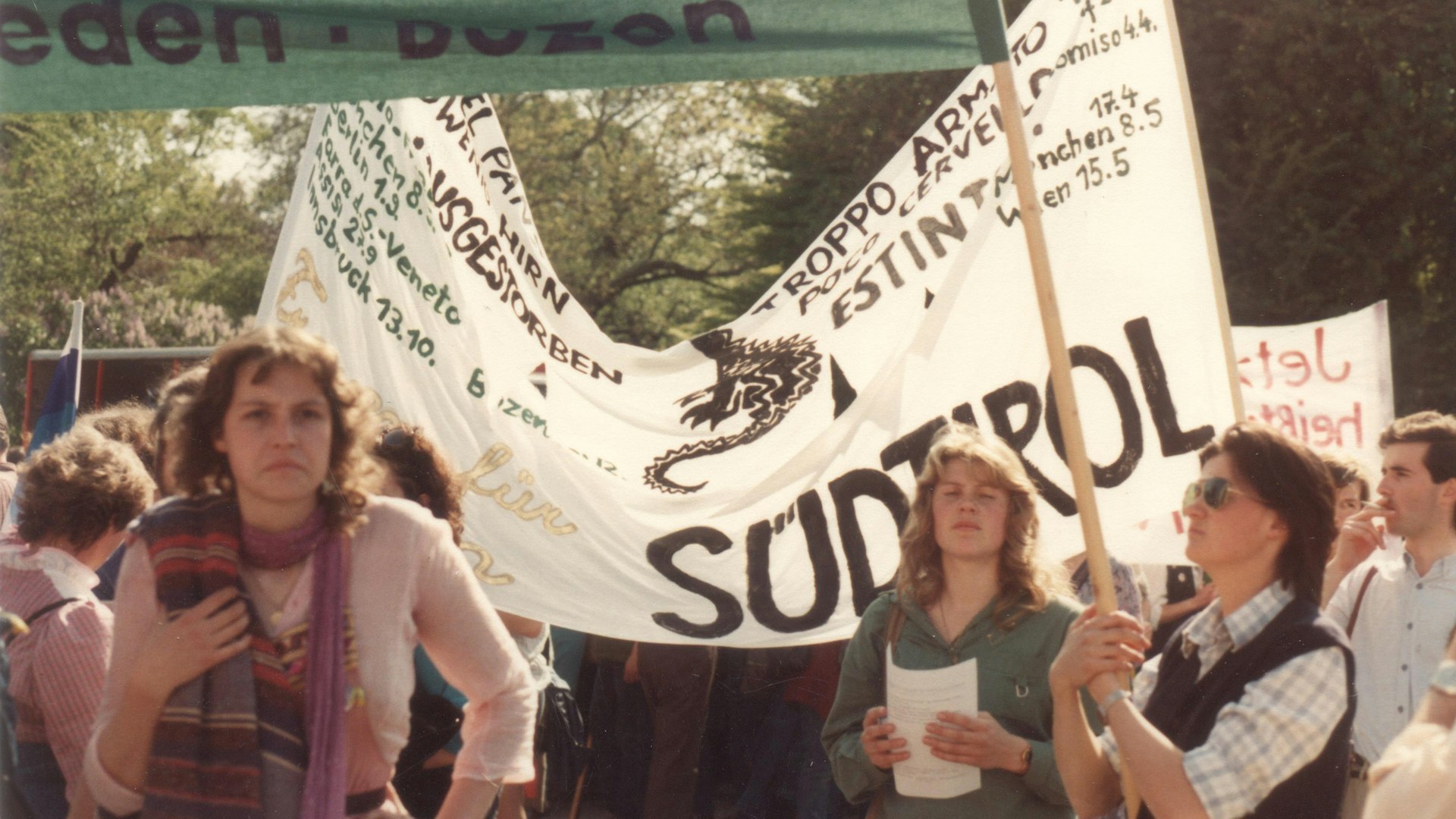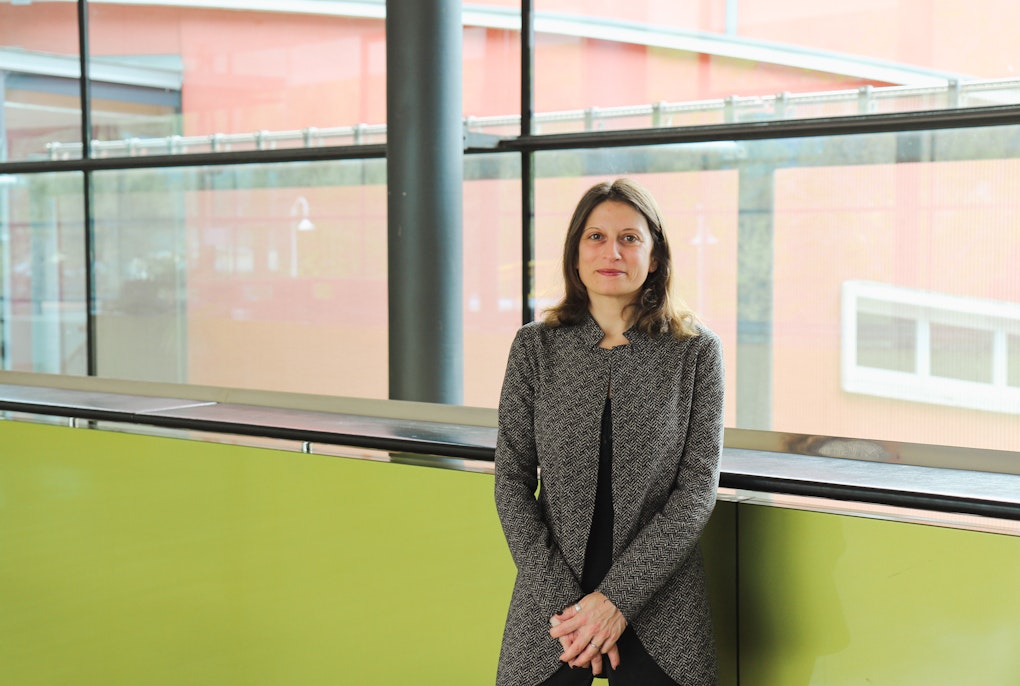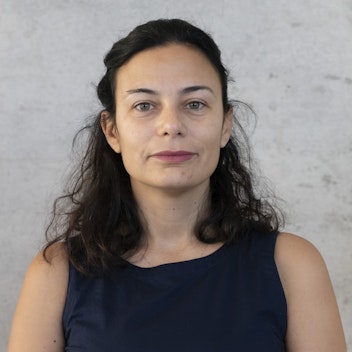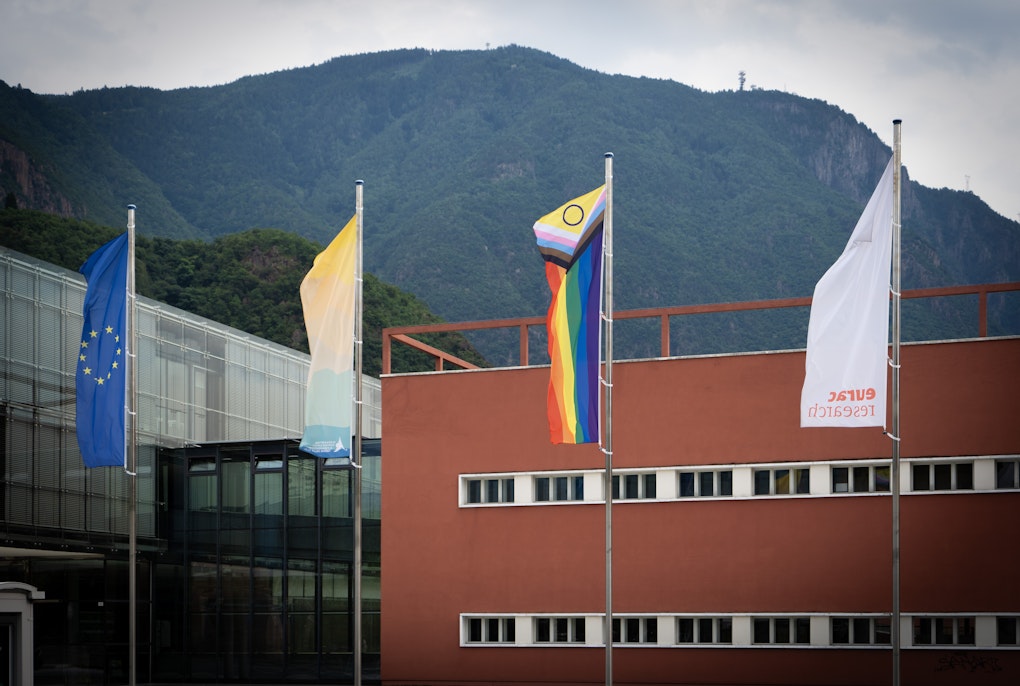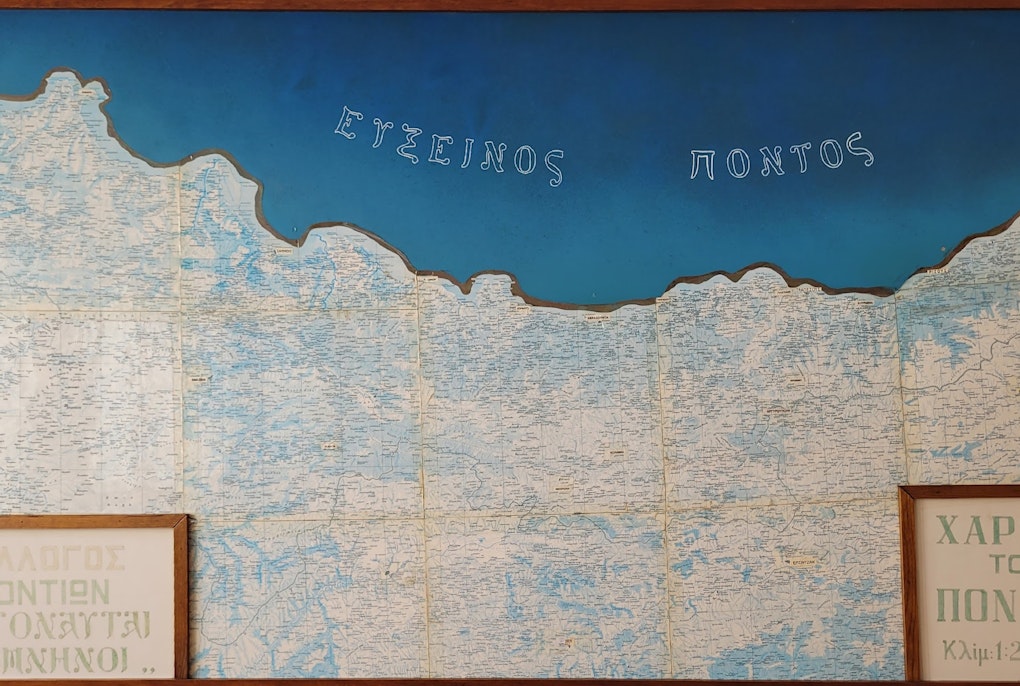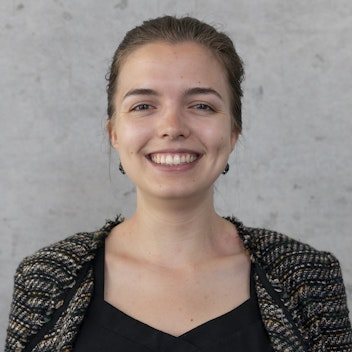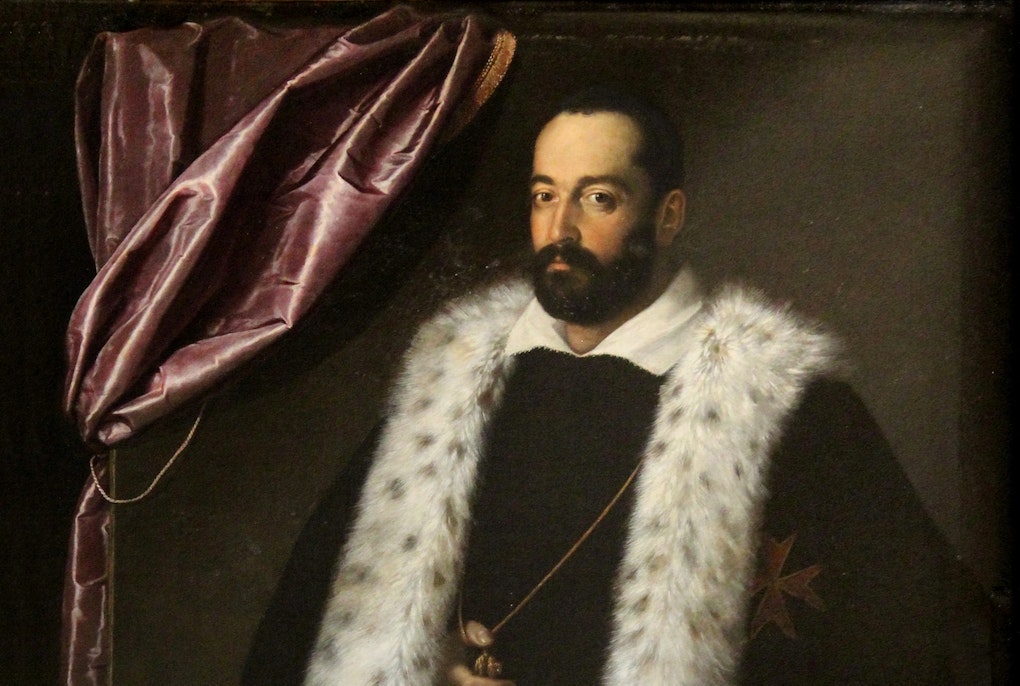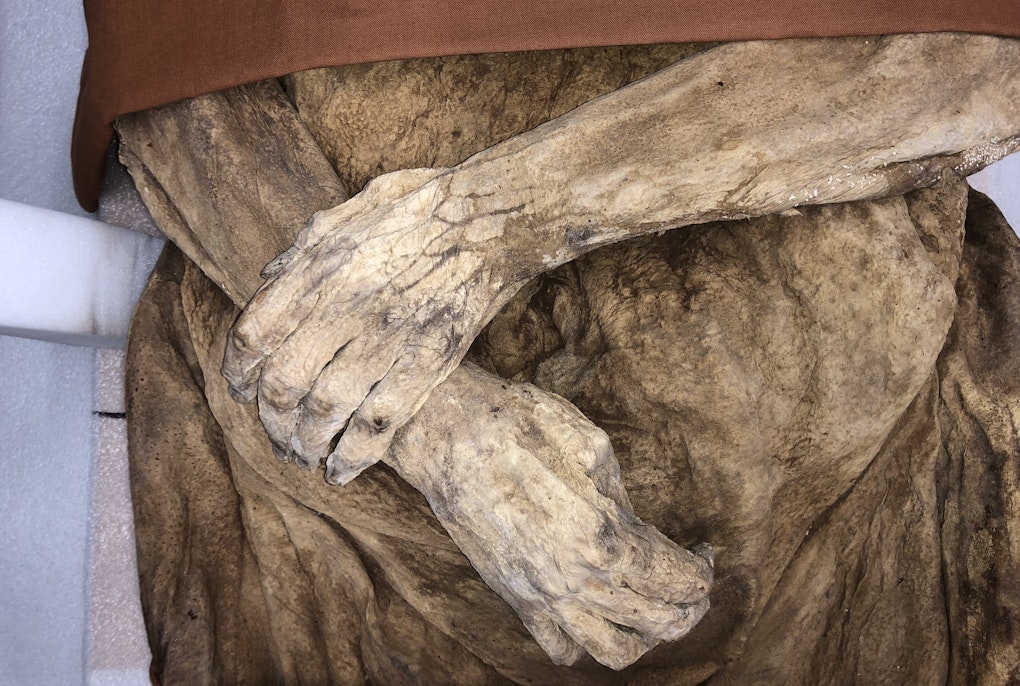It all started with the young Italian women who brought feminist consciousness back to South Tyrol from their university towns. Soon the German women joined in. Working together, they created, among other things, the AIED advice center in Bolzano. The Center, founded in 1973 still provides benefits to women and their families to this day. Historian Chiara Paris recounts the story of the women who pushed the cause in South Tyrol at the end of the 1960s, what they were fighting for and what makes the South Tyrolean movement so special.
What motivated the women in South Tyrol to take to the streets? What were the issues at stake back then?
Chiara Paris: The women’s movement has been gaining momentum worldwide since 1968. If we think about the history of South Tyrol in the 1960s and 1970s, the main issues in the region were the Statute of Autonomy and the self-determination of the German-speaking population. There was little room for other issues. Nevertheless, this social change was also felt in South Tyrol in the 1970s. Initially, it was mainly women from Italian-speaking backgrounds who came together and began to organize themselves into groups. They had studied at Italian universities and made what was being discussed in the big cities of Italy a topic here in South Tyrol too. The topic: the legalization of abortion, equal rights for men and women in the event of divorce, and the topic of sexual education such as contraceptive methods. The pill had just come onto the market, and little was known about exactly how it worked. In the mid-1970s, German-speaking women in South Tyrol also joined the women’s movement.
Was it more of an urban phenomenon?
Paris: Yes, exactly, the women’s movement first developed in the city, in Bolzano. There, the lawyer Andreina Emeri, who co-founded the “Kollontai Collective” in 1971, stands out. The women’s group met weekly, usually at Emeri’s home in Bolzano. One of the first concrete measures taken by the collective was the founding of AIED (Associazione Italiana per l’Educazione Demografica) – the women’s advice center in Bolzano, which is still an important point of contact for women and families today, offering both medical and legal services and advice. The main aim of the facility at the time was to provide a safe place for women to obtain information about contraception and sexual health.
Andreina Emeri
Andreina Emeri was born in Bolzano in 1936 and was one of the leading figures in the South Tyrolean women’s movement. She studied law in Rome and Milan and married Claudio Emeri, a lawyer many years her senior, against her parents’ wishes. Following their wedding, both returned to Bolzano. Emeri became the mother of four children and worked as a lawyer throughout her life, representing the interests of trade unions and the tenants’ protection association, for example. As a member of the “Kollontai Collective” women’s group – named after Russian revolutionary Alexandra Kollontai, Emeri co-founded the women’s advice center AIED (Associazione Italiana per l'Educazione Demografica) in Bolzano in 1973, which was affiliated with the national association and is still active today. Emeri took over the chairmanship and represented it at national level. At the center, she offered free legal advice and, as one of the first female lawyers in the region, played an important role for women seeking advice from all over South Tyrol. In 1983, Emeri stood as a candidate in the provincial elections in South Tyrol and entered the provincial parliament together with Alexander Langer for the “Alternative Liste für das andere Südtirol”. In 1985, she died unexpectedly while traveling in Norway. A street in the Kaiserau district of Bolzano is named after her.
How was the movement reflected at a political level?
Paris: In 1964, women were elected to the South Tyrolean provincial parliament for the first time: Waltraud Gebert-Deeg for the SVP and Lidia Menapace for Democrazia. Gebert-Deeg founded the SVP women’s organization on behalf of the then provincial governor Silvius Magnago. The first national women’s assembly was finally held in 1972. The SVP women’s movement is still committed to women’s issues and problems within and outside the party. In addition, the KVW women and an offshoot of the national women’s association “Unione Donne Italiane” formed. This party was closely linked to the Italian Communist Party. However, independent groups such as “Women for Peace”, the association for LGBTQIA+ people “Centaurus Arcigay Alto Adige Südtirol”, the collective of the Feminist Info Café, the queer-feminist and racism-critical movement “Frauen*marsch - Donne* in marcia” and the open women’s network “Südtirol Sisters” (SUSI), which mainly exists as a Facebook group, also emerged.
In the women’s movement in South Tyrol, Italian and German women fought together for their rights; there was no linguistic division. This is still characteristic of the movement in South Tyrol today.
Chiara Paris, Eurac Research
What decisions were pushed through?
Paris: One of the most controversial issues at the time was the legalization of abortion. Women all over Italy, including the South Tyrolean women’s movement, vehemently demanded legalization. In May 1978, Law No. 194 was finally passed, legalizing voluntary abortion after 500,000 signatures put pressure on parliament. The debate reached its climax in May 1981 with two referendums. The conservatives called for the law to be abolished, the radicals for it to be extended. We must not forget that not only South Tyrol, but the whole of Italy was and is Catholic. Both groups, supporters, and opponents, stood up strongly for their convictions. Around 150 women protested silently in Bolzano against the abolition of the law. The referendums ultimately failed, and Law No. 194 and legal abortion remained in place. This could only be achieved through tireless mobilization and fighting. Thanks to the efforts of South Tyrolean women, the Autonomous Province of Bolzano-Alto Adige became a pioneer in Italy in 1989 by passing the provincial law on the establishment of women’s shelters. As a direct result, a unique and extremely innovative women’s shelter including a counseling center was established in Merano at that time.
Did the issues change when German-speaking women also joined the movement?
Paris: The issues remained the same. It was a joint effort for the same causes. That is something that should be emphasized: in the women’s movement in South Tyrol, Italian and German women fought together for their rights, there was no linguistic division. This is still characteristic of the women’s movement in South Tyrol today.
What is the current state of feminism in South Tyrol?
Paris: It is still necessary to stand up against inequalities. Today, however, it is less about women’s rights and more about equal rights for all. Since their beginnings, feminist-inspired movements have been pioneers when it comes to drawing attention to inequalities in society. That is what they stand for and what they campaign for. However, it must be clear that this commitment is not a women’s issue, but concerns everyone equally.
Chiara Paris
When Chiara Paris noticed during her research that there was very little information on feminism in South Tyrol, she quickly made the topic the subject of her Master’s thesis, which she is currently writing at the University of Trento. The historian also conducts studies at the Eurac Research Center for Advanced Studies and is a member of its Gender Dynamics interdisciplinary research group.
